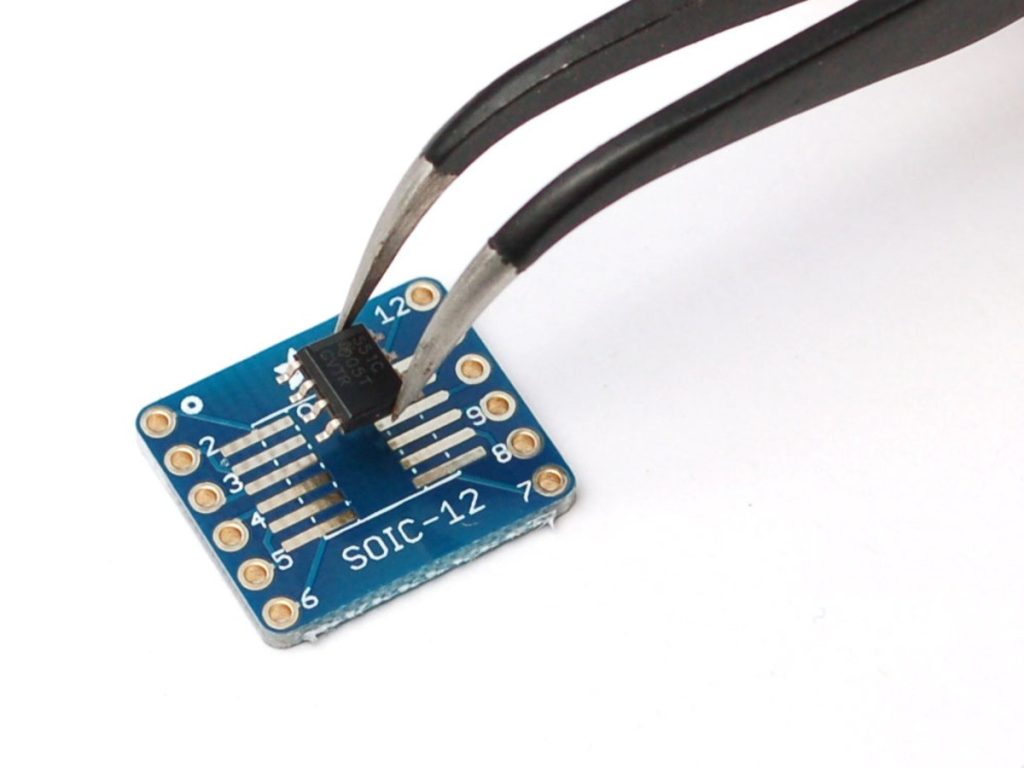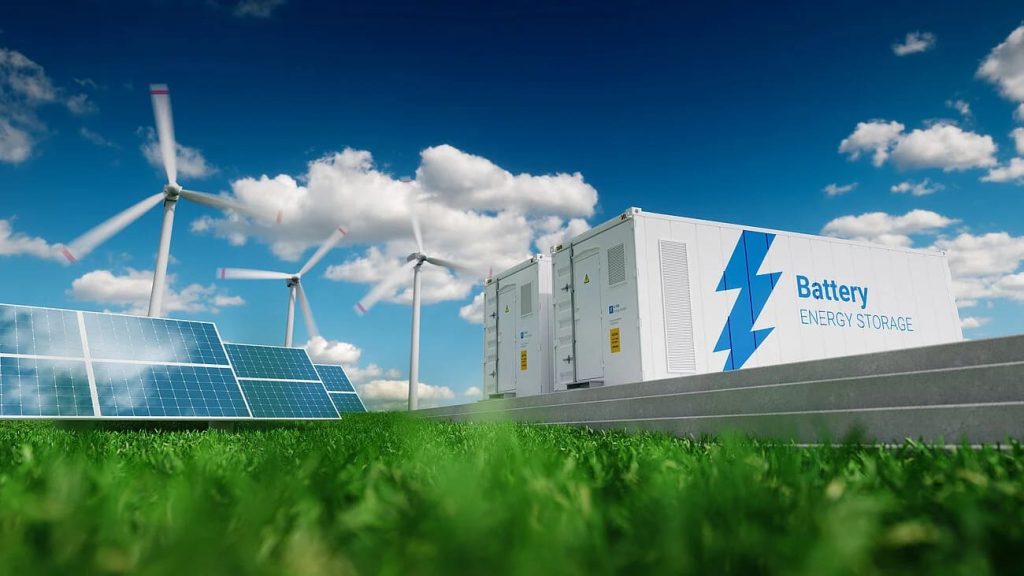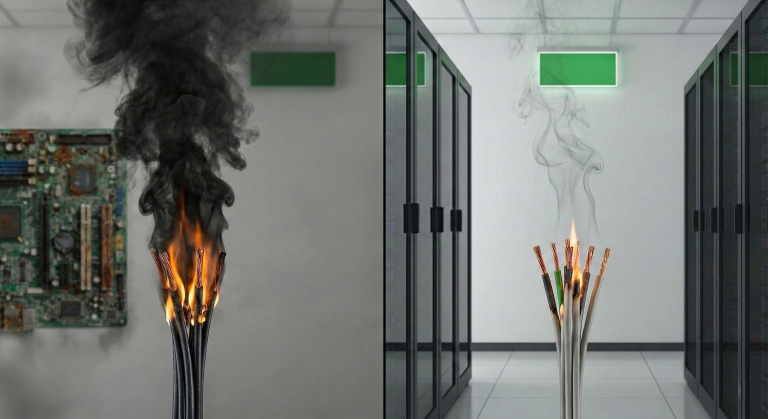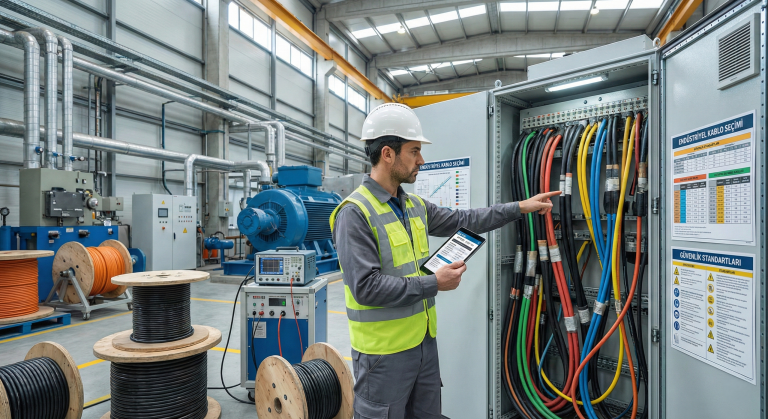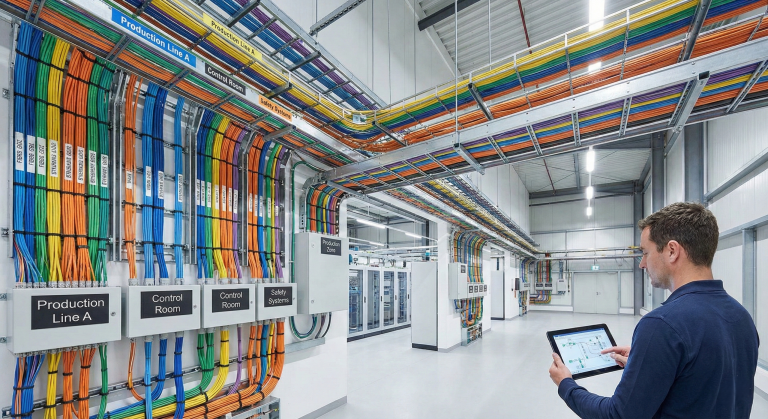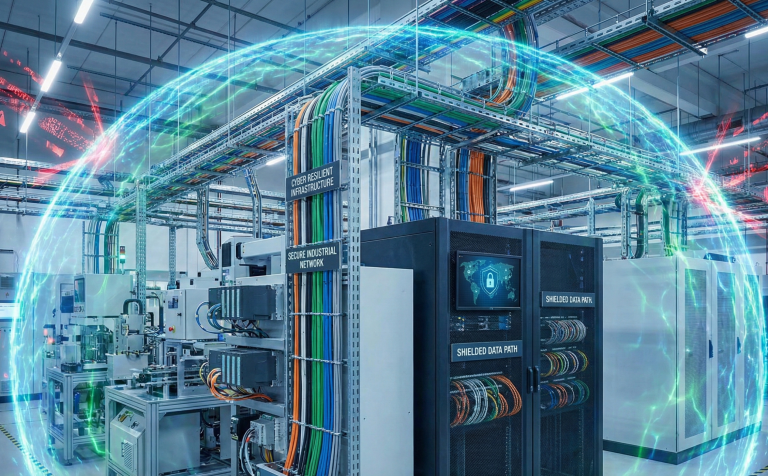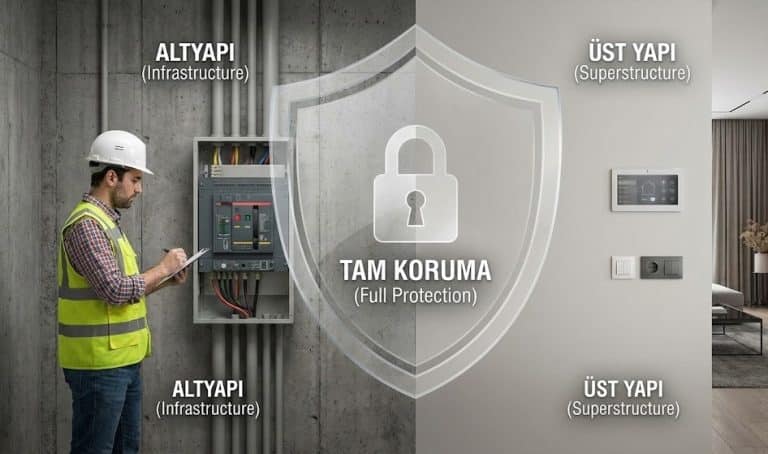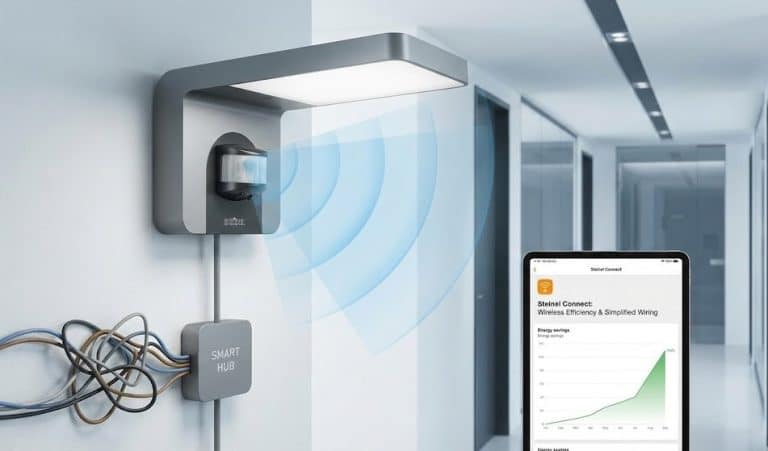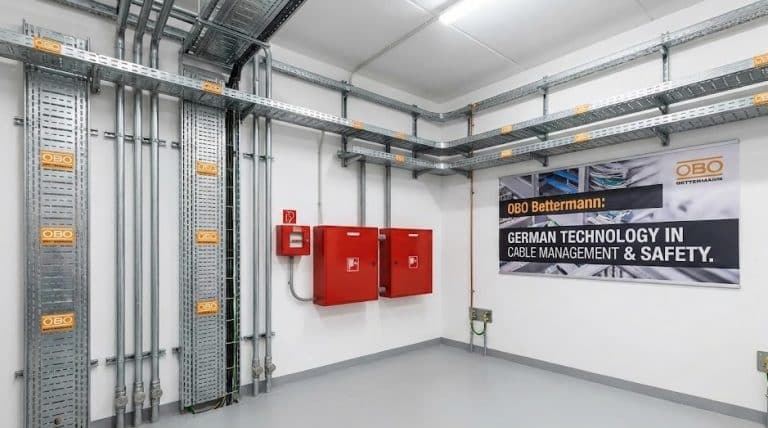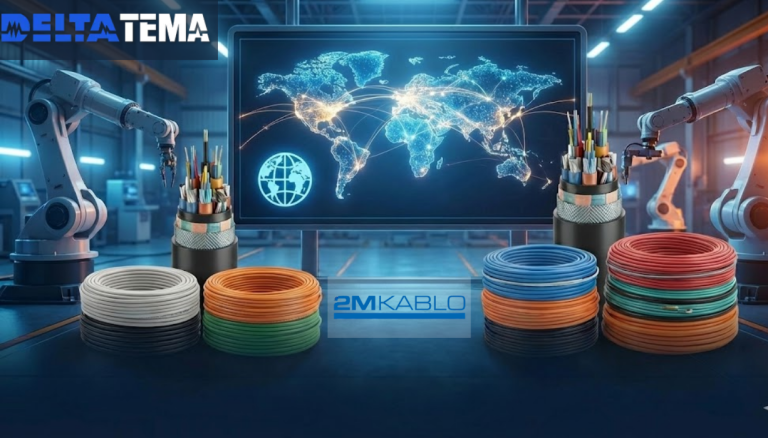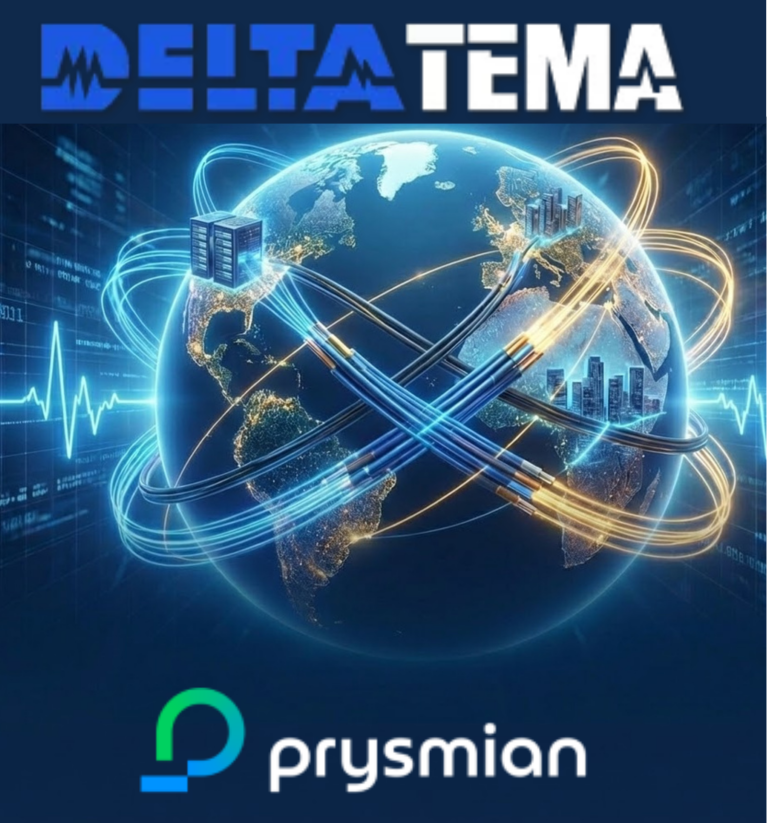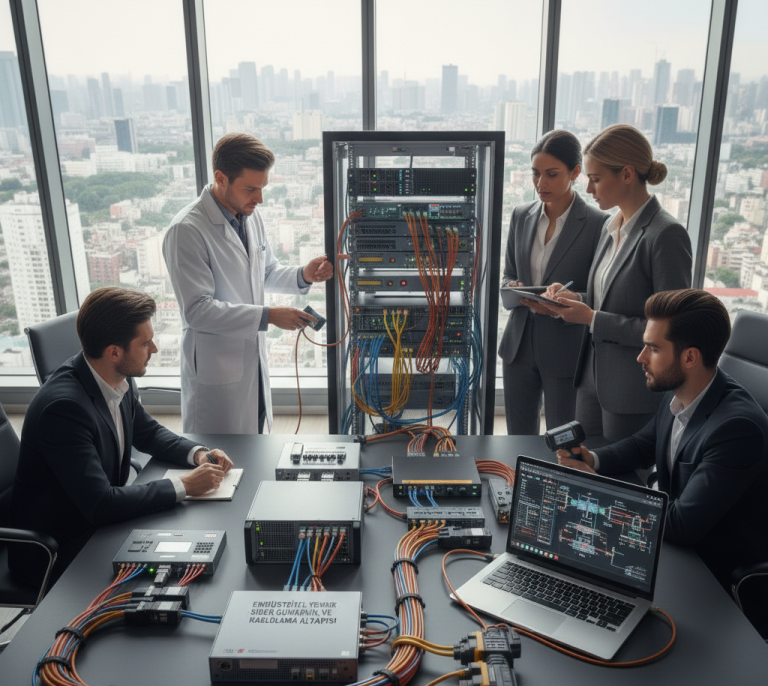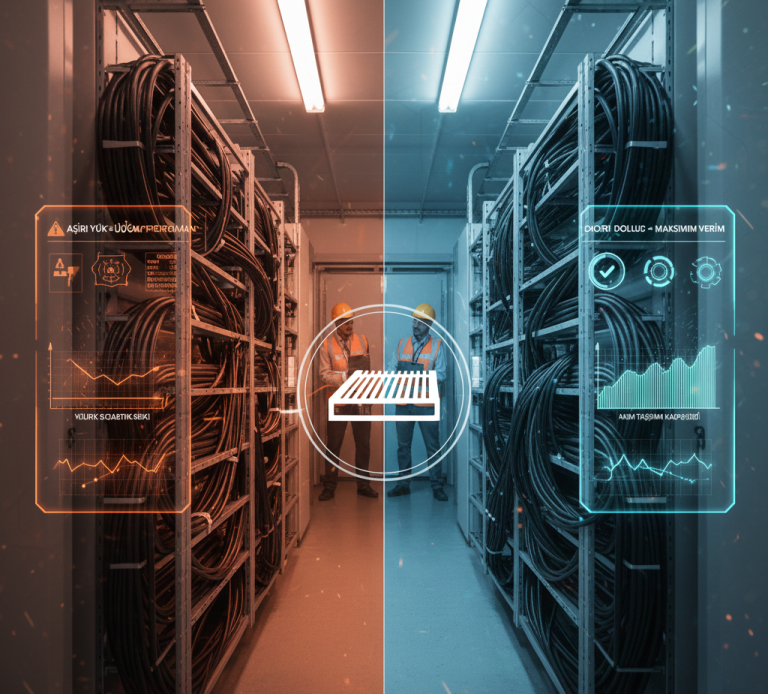Integrated Electrical Systems, the cornerstone of integration with sustainable energy sources, are shaping the future of the energy sector by offering both economic and environmental advantages. Today, with energy efficiency and environmental awareness at the forefront, the word “integration” is increasingly gaining a critical place in energy infrastructure.
What are Integrated Electrical Systems and Why are They Important?
Integrated Electrical Systems are structures that unify different energy generation sources, distribution networks, control systems, and consumption points under a single system framework. This system is not limited to energy production alone but also encompasses efficient consumption, monitoring, and management processes.
These systems are much more flexible compared to traditional grids. They can easily incorporate sustainable energy sources such as solar, wind, and biomass into the system. This contributes to both energy independence and a reduction in the carbon footprint. Energy can be consumed where it is produced, minimizing transmission losses and reducing the load on the grid.
Integration with Sustainable Energy Sources
Integrated Electrical Systems have a significant advantage in managing the inherently variable production amounts of sustainable energy sources. For example, solar energy can vary throughout the day, while wind energy depends on regional fluctuations. Integrated solutions are used to balance these fluctuations and ensure system continuity.
Supported by smart grids, battery systems, microgrids, and automation technologies, integrated systems maintain the energy supply-demand balance. This balance allows for the wider use of sustainable resources and their efficient management within the system.
Use of Integrated Electrical Systems in Industrial and Commercial Buildings
Industrial facilities and commercial enterprises are turning to Integrated Electrical Systems to reduce energy costs and achieve sustainability goals. Roof-mounted solar power systems, in particular, are one of the most common integrated applications used in these facilities.
The advantages of these systems include:
- Providing energy independence.
- Having a short payback period.
- Being supported by government incentives.
- Generating additional income by selling excess energy to the national grid.
Furthermore, thanks to smart energy management systems for businesses, it is possible to monitor how much energy each unit consumes, preventing unnecessary expenses. This increases productivity and reduces energy waste.
Smart Energy Management with Integrated Electrical Systems in Residential Buildings
Integrated Electrical Systems are becoming increasingly common not only in industrial and commercial buildings but also in residential buildings. Smart meters, home automation systems, solar panels, and battery storage solutions enable homeowners to both control their energy consumption and contribute to sustainability.
Thanks to advanced control systems, users can monitor their electricity consumption from their mobile phones and reduce their electricity bills by decreasing consumption during peak hours. They can also increase the economic efficiency of the system by selling excess energy produced to the grid.
Reducing Carbon Footprint with Integrated Electrical Systems
As the world combating climate change accelerates the transition to renewable energy sources, Integrated Electrical Systems are the most critical technological component of this transformation. Thanks to these systems:
- Dependence on fossil fuels is reduced.
- Greenhouse gas emissions are lowered.
- Natural resources are used more efficiently.
These systems offer ideal solutions for reducing the carbon footprint at both individual and corporate levels. Each unit of energy production and consumption becomes traceable, which facilitates reporting and compliance with sustainability criteria.
The Role of Integrated Electrical Systems in the Future
As technology advances, Integrated Electrical Systems are becoming smarter and more efficient. With the integration of technologies such as IoT (Internet of Things), artificial intelligence, and machine learning into energy management systems, these systems are becoming much more predictable and self-optimizing structures.
Furthermore, developments in energy storage technologies will eliminate seasonal and hourly production-consumption imbalances. This will pave the way for greater integration of sustainable energy sources into the system.
The Future Energy Infrastructure Will Be Built with Integrated Systems
In conclusion, Integrated Electrical Systems have become the key to sustainability not only in energy production but also in distribution, consumption, and monitoring processes. Thanks to the advantages they provide in both residential and industrial/commercial buildings, these systems form the basis of the future energy infrastructure.
The effective use of renewable energy sources is only possible with their compatible operation with Integrated Electrical Systems. This means a more sustainable future both economically and environmentally.

